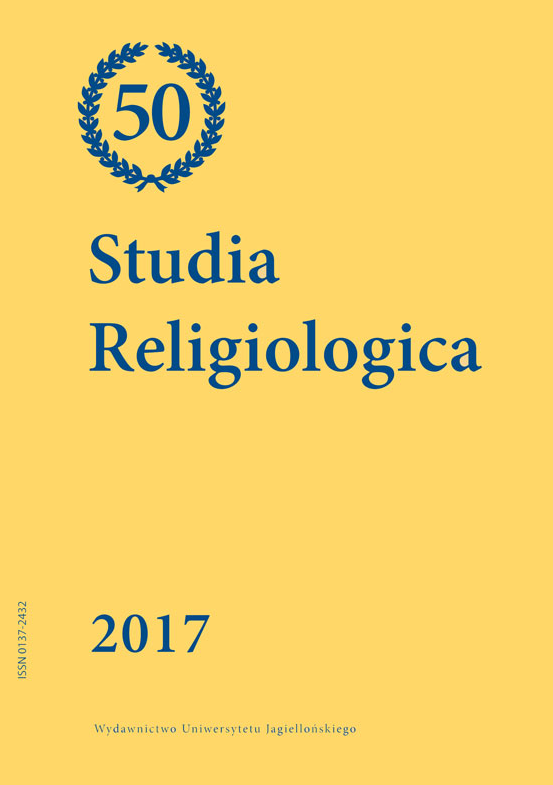Classical Sāṁkhya on the Relationship between the Vedic Revelation (śruti) and Its Own Doctrine
Classical Sāṁkhya on the Relationship between the Vedic Revelation (śruti) and Its Own Doctrine
Author(s): Ołena ŁucyszynaSubject(s): Customs / Folklore, Theology and Religion, Indian Philosophy
Published by: Wydawnictwo Uniwersytetu Jagiellońskiego
Keywords: Sāṁkhya; the Vedas; the Vedic revelation (śruti); the Hindu tradition; a school of philosophy which recognizes the authority of the Vedas (āstika);
Summary/Abstract: The aim of this research is to clarify the view of classical Sāṁkhya on the relationship between the Vedas and its own teaching. Sāṁkhya is regarded by the Hindu tradition as a school of philosophy which recognizes the authority of the Vedas (āstika), but what is the real Sāṁkhya attitude towards the Vedas? My study is based on all the extant texts of classical Sāṁkhya. The textual analysis allowed me to distinguish four different tendencies (lines of thought) that constitute the classical Sāṁkhya view on the status of the Vedic revelation (śruti) in relation to its own doctrine: 1) the Vedas are an authoritative source of knowledge, but they do not play an important role in the grounding of the Sāṁkhya doctrine; 2) Sāṁkhya is authoritative because it is based on śruti; 3) Sāṁkhya is śruti, that is, it is identical to the quintessence (i.e., the highest teaching) of the Vedas set forth in the Upaniṣads; 4) Sāṁkhya is higher than the Vedas. Taking into account the results of my analysis, it is possible to say that the Sāṁkhya view on the status of the Vedas is no less ambiguous than the general Hindu attitude to them.
Journal: Studia Religiologica. Zeszyty Naukowe Uniwersytetu Jagiellońskiego
- Issue Year: 50/2017
- Issue No: 4
- Page Range: 311-319
- Page Count: 9
- Language: English

